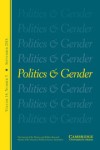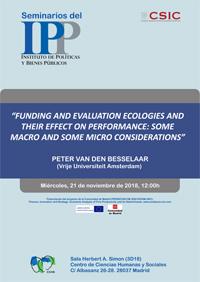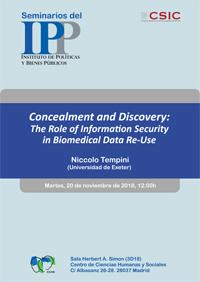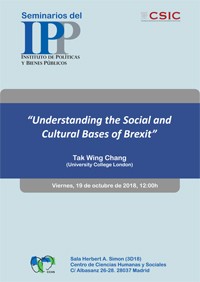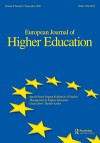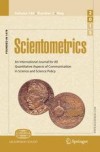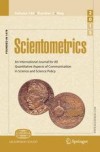Valentino, N.A., Soroka, S.N., Iyengar, S., Aalberg, T., Duch, R., Fraile, M. et al. (2017) Economic and Cultural Drivers of Immigrant Support Worldwide. British Journal of Political Science. Published online 1 November 2017
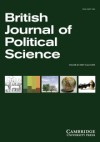
Abstratc. Employing a comparative experimental design drawing on over 18,000 interviews across eleven countries on four continents, this article revisits the discussion about the economic and cultural drivers of attitudes towards immigrants in advanced democracies. Experiments manipulate the occupational status, skin tone and national origin of immigrants in short vignettes.



